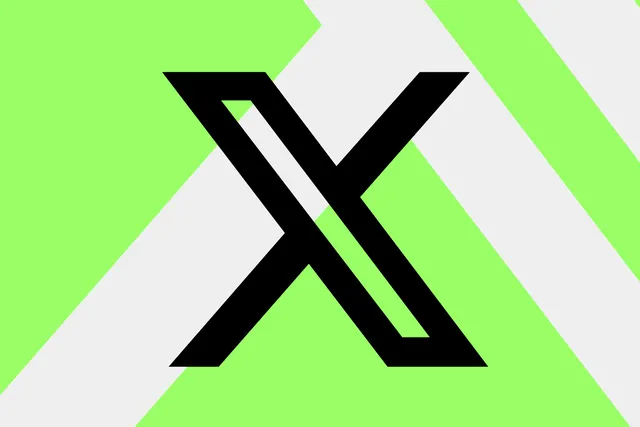A judge in Brazil ordered the ban after Elon Musk failed to designate a new legal representative in the country.
In a dramatic turn of events, a Brazilian Supreme Court judge has ordered the suspension of the social media platform X, following the platform’s failure to appoint a new legal representative in Brazil. The order, issued by Justice Alexandre de Moraes, was reported by Bloomberg and the Brazilian news outlet Poder360.
The ruling instructs the National Telecommunications Agency (Anatel) to block access to X within 24 hours. Additionally, tech giants Apple and Google have been given five days to remove X from their app stores in Brazil. To enforce the ban, the country will impose a daily fine of 50,000 Brazilian real (approximately $8,900 USD) on individuals attempting to access X through a virtual private network (VPN), according to Poder360.
This latest development comes after Elon Musk, owner of X, made the controversial decision to close the platform’s offices in Brazil earlier this month. Musk claimed that Justice de Moraes had threatened to arrest X’s legal representative for non-compliance with what Musk referred to as “censorship orders.” The tension between the two has been escalating for months, with de Moraes opening an investigation into X in April after Musk announced the reactivation of accounts that had previously been blocked under court orders for spreading misinformation. According to The New York Times, many of these accounts were linked to supporters of former right-wing President Jair Bolsonaro.
Musk responded to the suspension order with a strong statement on X, accusing Justice de Moraes of undermining democracy for political gain. “Free speech is the bedrock of democracy, and an unelected pseudo-judge in Brazil is destroying it for political purposes,” Musk wrote, reflecting the deepening rift between the platform and Brazilian authorities.
The platform itself issued a statement through its global government affairs account, emphasizing that while X does not demand that other countries adhere to U.S. free speech laws, the issue at hand is the judge’s insistence that the platform violate Brazil’s own legal framework. “We simply won’t do that,” X stated, adding that it intends to publish all of Justice de Moraes’ “illegal demands” along with related court filings.
Brazilian law mandates that major tech platforms maintain a legal representative within the country, and the nation has not hesitated to enforce this requirement in the past. Both Telegram and WhatsApp have faced temporary bans in Brazil for similar reasons.
In a related incident, Starlink, another company affiliated with Musk’s SpaceX, revealed that Justice de Moraes also ordered the freezing of its finances in Brazil. According to Starlink, this action was based on an “unfounded determination” that the company should be responsible for fines imposed on X, which Starlink claims are unconstitutional.
The unfolding legal battle between Musk and Brazil’s Supreme Court signals a broader conflict over free speech, misinformation, and the role of social media in modern democracies. As the situation develops, the world will be watching to see how this clash between one of the world’s most prominent tech entrepreneurs and a national judiciary plays out.










